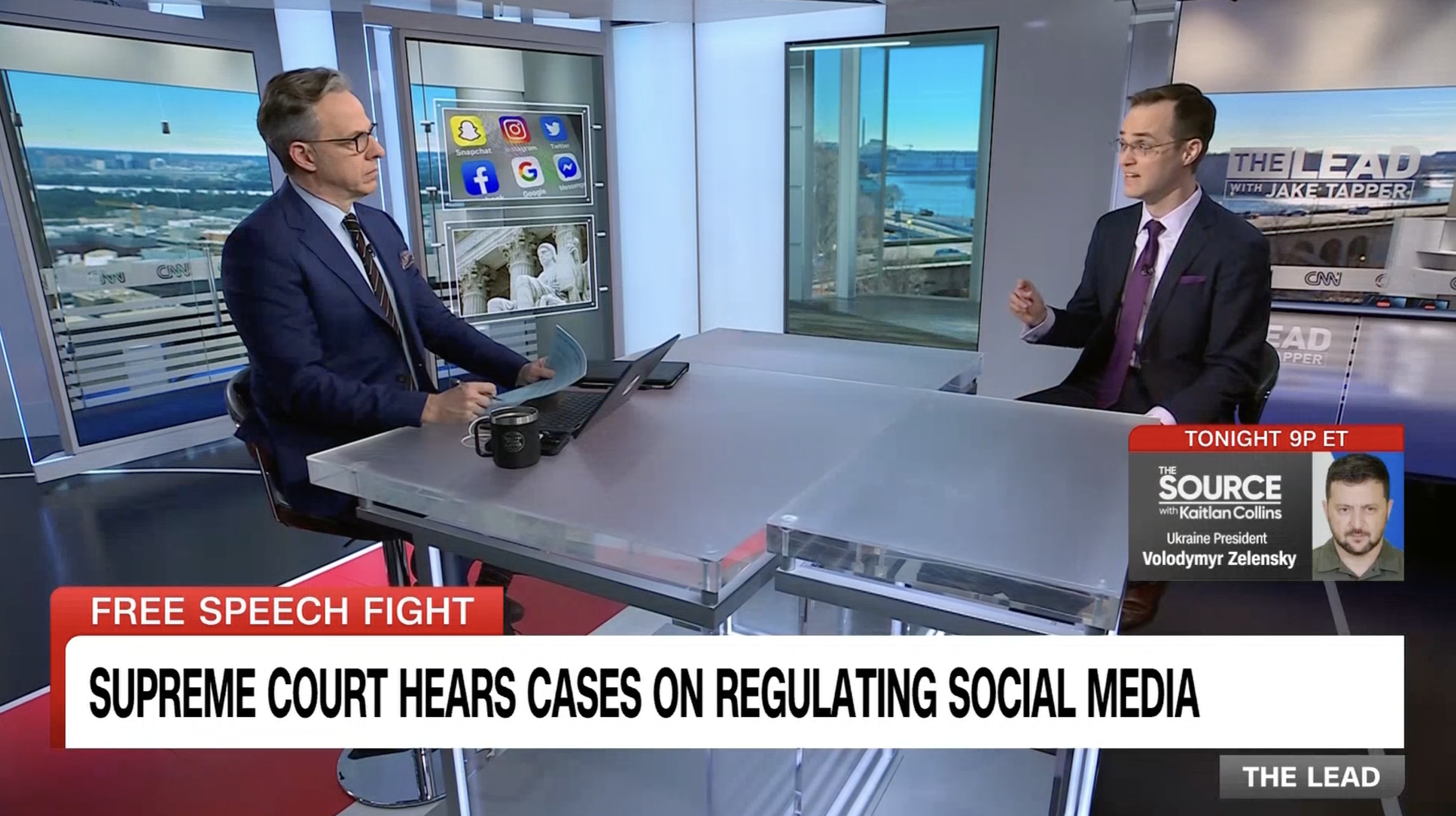Florida’s “Fairness Doctrine” For the Internet Would Carve Out Disney

Florida’s already bad content moderation bill got worse right before it passed the legislature last night. S.B. 7072, a bill that seeks to punish social media companies for enforcing their content moderation policies, was amended at the last minute after lawmakers realized the law might be applied to one of Florida’s largest money-makers, Disney.
With no attempt at subtlety, the amendment explicitly states that new regulations won’t apply to a company that “owns and operates a theme park or entertainment complex.” Bill sponsor Representative Ingoglia was not shy in admitting that the language was added to ensure that Disney wouldn’t be impacted by new rules surrounding content moderation standards. Representatives in opposition contended that any social media platform seeking to avoid the impacts of the bill could simply buy a theme park.
Disney may have feared that its services might be subject to the bill’s provisions, for example, due to the ability of viewers to leave comments and reviews on the Disney+ streaming service, Hulu, or the sites of any of the numerous Disney-owned brands, like ABC, NatGeo, ESPN, and FOX Sports, to name a few.
Disney’s apparent anxiety illustrates the extent to which content moderation occurs in the digital economy: When so many sites enable user comments, reviews, and feedback, the number of businesses that would be regulated by the bill extends far beyond a handful of social media services. If enacted, the bill would also undermine an untold number of Florida startups and smaller platforms seeking to enter the market.
The naked demonstration of Disney’s influence in Tallahassee aside, the bill conflicts with existing federal law and may have unintended consequences that would negatively impact state operations and waste taxpayer dollars. However, given Governor DeSantis declared punishing technology companies to be one of his top priorities ahead of the session, it seems likely that he will sign the bill when it reaches his desk.
While several states introduced content moderation bills this session, Florida is the first legislature to enact one, and it remains to be seen how S.B. 7072 will play out. Legal experts have pointed out that the bill is likely to be challenged in court due to its constitutional infirmities.








